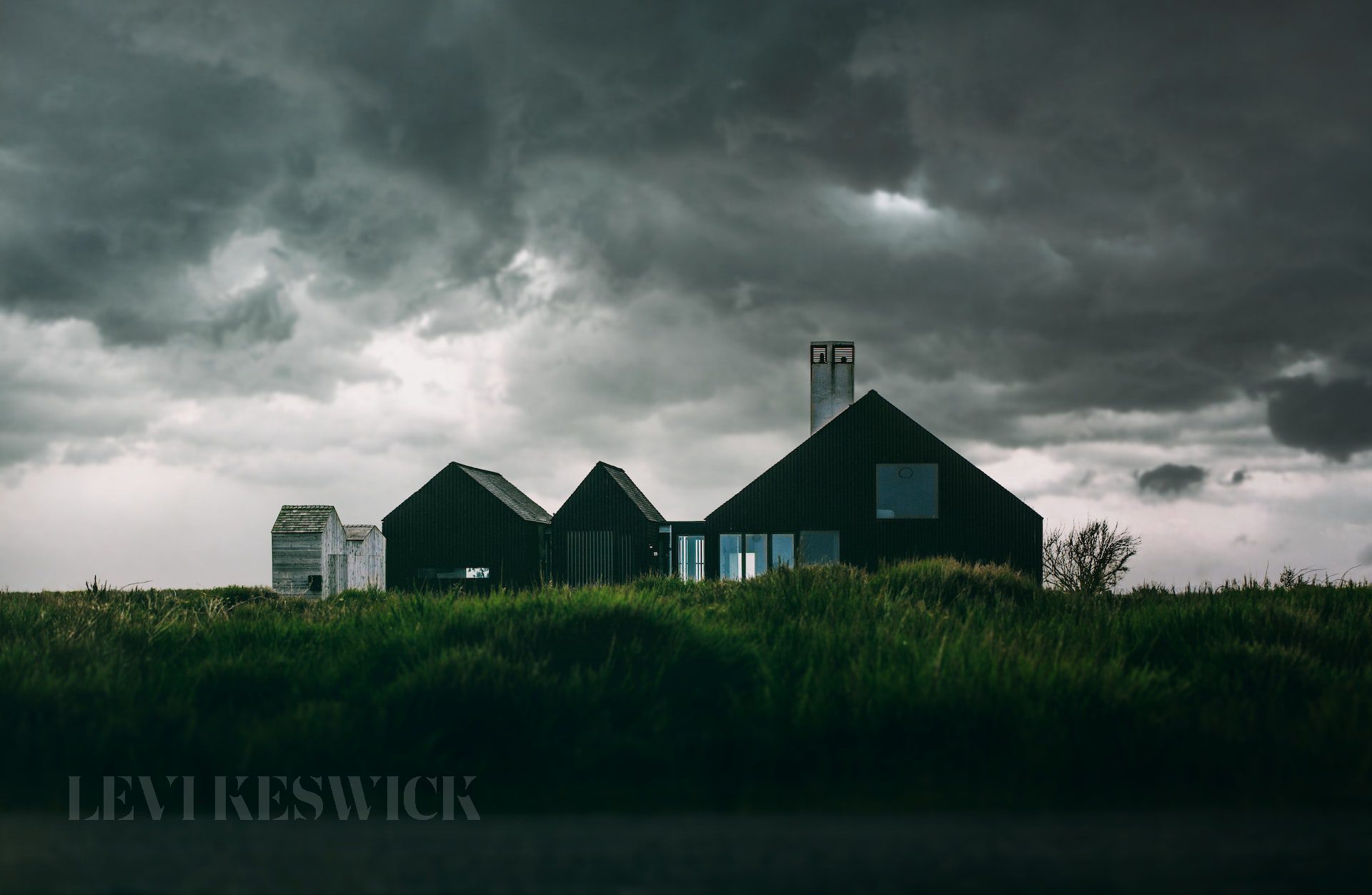When a major weather event is forecasted, it’s important to take the necessary precautions to protect your home. Many people don’t know how to properly prepare their houses for extreme weather conditions, and as a result, they wind up with costly damage. This blog post will provide you with some tips on how to prepare your home for severe weather. Follow these tips and you can rest assured that your house will be safe during even the worst storm!

1. Make sure your gutters and downspouts are clean
The first step is to make sure that your gutters and downspouts are clean and clear. Clogged gutters can cause water to back up and leak into your home, causing serious damage. If you live in an area that is prone to hurricanes, it’s also a good idea to install hurricane shutters. These shutters will protect your windows from flying debris and high winds. Also, be sure to secure any loose objects around your property that could become airborne in high winds. This includes lawn furniture, grills, and any other outdoor items.
2. Trim the trees around your house
Another important step is to trim the trees around your house. Overhanging branches can break during a storm and crash through your roof, causing serious damage. By trimming the trees, you can help prevent this from happening. This is because the wind can catch the branches and cause them to snap. If you live in an area that is prone to wildfires, it’s also important to create a defensible space around your home. This means clearing away any brush or debris that could catch fire. You should also have a hose ready in case of embers or sparks.
3. Replace your windows and doors
If your windows and doors are old, they may not be able to withstand the force of a severe storm. It’s important to check the condition of your windows and doors and replace them if necessary. This will help to keep the wind and rain out of your home and prevent damage. Make sure you choose replacement doors and windows that are hurricane-resistant. For instance, impact-resistant windows are a good option. Additionally, you should install storm doors and roll-down shutters to further protect your home.
4. Have an emergency kit ready
In the event of a severe storm, it’s important to have an emergency kit on hand. This should include items such as food, water, flashlights, and batteries. You should also have a first-aid kit and a list of emergency phone numbers. Keep this kit in a safe place where you can easily access it in case of an emergency. Moreover, it’s a good idea to have an emergency plan in place. This way, you and your family will know what to do if a severe storm hits.
5. Understand your insurance policy
It’s also crucial to understand your insurance policy and what it covers. This way, you’ll know what to expect if your home is damaged in a storm. Make sure you have adequate coverage for both the structure of your home and your personal belongings. Additionally, it’s important to keep up with maintenance and repairs. By doing so, you can help to prevent damage and keep your home in good condition. If you live in an area that is susceptible to flooding, there are a few extra steps you should take. For example, you can invest in flood insurance if you don’t already have it. This will protect your home in the event of flood damage.
6. Stay Informed
Last but not least, it’s important to stay informed about the forecast and be prepared for severe weather. Pay attention to the news and weather reports so that you know when a storm is headed your way. Additionally, sign up for alerts from your local authorities. This way, you’ll be notified if there is a severe storm warning in your area. For example, you can sign up for text alerts or download an app that will send you notifications. This can help you stay safe and be prepared for whatever Mother Nature throws your way.

By following these tips, you can help to protect your home from severe weather damage. Remember, it’s important to be prepared so that you can keep your family safe and your home in good condition. Stay informed and take action to safeguard your property against the elements. We hope this information is helpful to you and wish you all the best. Thank you for reading!








